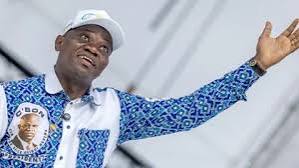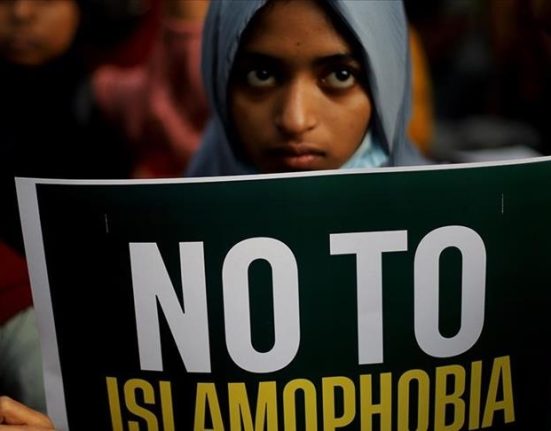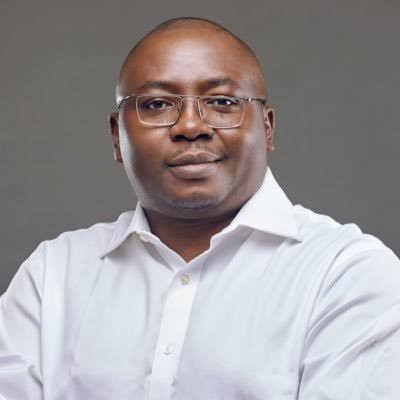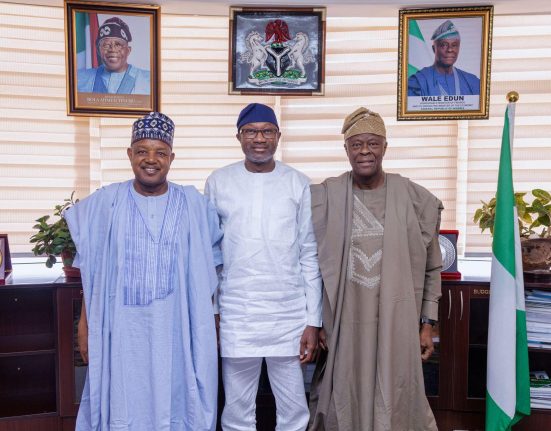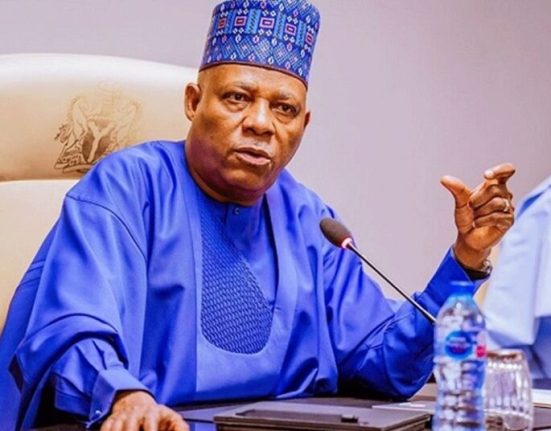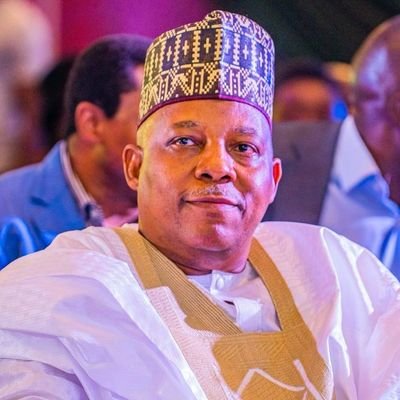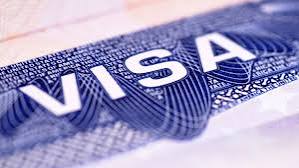Gabonese voters have begun casting their ballots in the country’s first presidential election since the 2023 coup that ended the Bongo family’s 55-year rule. The election, held on April 12, 2025, features eight candidates, with Brice Oligui Nguema, the leader of the coup and current transitional president, widely expected to emerge victorious. Nguema has been leading in opinion polls, positioning himself as a reformist committed to dismantling the corrupt elite that dominated Gabon’s politics for decades.
The election marks a significant shift in Gabon’s political landscape, as it is the first time a member of the Bongo family is not on the ballot. The Bongos were accused of looting the country’s wealth, leading to widespread discontent among the population. Nguema, who has been interim president since the coup, has campaigned on an anti-corruption platform, promising to diversify Gabon’s economy beyond its reliance on oil and address pressing issues like high unemployment and infrastructure deficits.
Despite his popularity, Nguema faces criticism for his ties to the previous regime. His main opponent, Alain-Claude Bilie By Nze, a former prime minister under Ali Bongo, has positioned himself as the candidate for a “complete break” from the past, arguing that military personnel should return to their barracks. The election results are expected to be announced on Monday, with the winner serving a seven-year term that can be renewed once.
This election is crucial for Gabon, which faces significant challenges, including high unemployment, frequent power and water shortages, and substantial government debt. The country’s wealth in natural resources, such as oil and timber, contrasts sharply with the poverty affecting about 35% of its population. The outcome of this election will determine the direction of Gabon’s future, as it seeks to transition from military rule to civilian governance and address its deep-seated economic and social issues.

